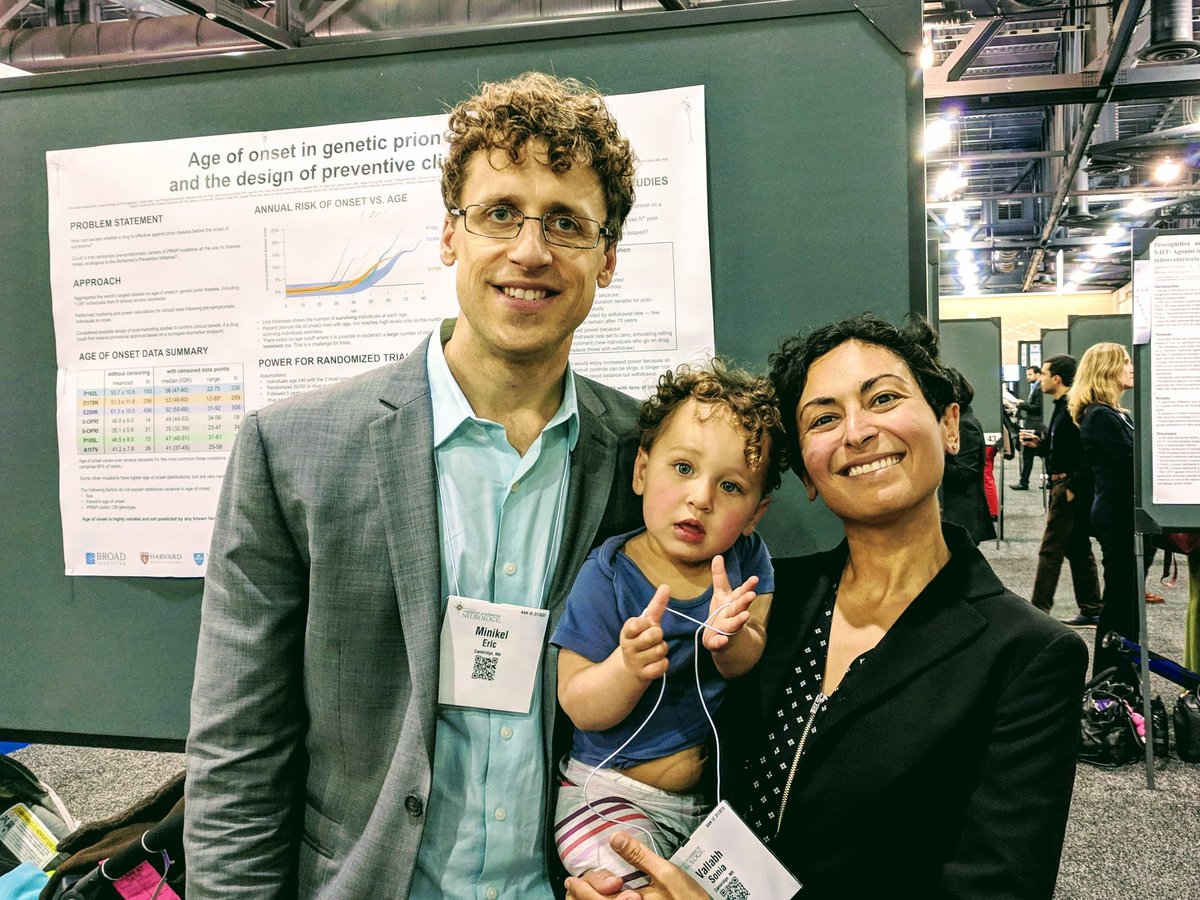Genetic diseases can be daunting. The fact that these diseases can be passed down from generation to generation without being detected or treated can seem frightening. For parents, the fear of passing on a disease to their children and grandchildren can create stress in making decisions about conception and childbirth. However, carrier screening is a great way to put these worries at ease. Carrier Screening Can Help and is a way for families to change the future of genetic diseases within a family. By knowing whether or not a parent is at risk of passing on genetic diseases to their children, parents-to-be can make informed decisions about their family’s future. In this blog, you will know How Carrier Screening Can Help Eliminate Generational Diseases.
What is Carrier Screening?
Carrier screening is a genetic test that can help parents determine if they are carrying diseases or mutations. This information can be used to understand the likelihood of passing on genetic diseases to their children. The screening can be used to detect particular mutations associated with a genetic disease, like cystic fibrosis (CF), sickle cell anemia, Tay-Sachs disease, and many others.
Carrier screening tests are typically performed on blood or saliva. This can be done by drawing a small amount of blood from the patient and sending it to a lab for analysis. Alternatively, saliva samples can also be sent for analysis. This can be done at home or in a doctor’s office and is less painful than drawing blood. The results of the carrier screening test will show if the patient is a carrier for a genetic disease. This information can be used to inform parents about their risk of passing on genetic diseases to their children, and parents can schedule genetic counseling to better understand the results.
Why is Carrier Screening Important?
Carrier screening tests are important because they can ultimately lower the risk of transmitting genetic diseases. If a parent receives a positive result for a genetic disease, they can weigh the risk with a professional and consider alternative reproductive methods such as:
- In-Vitro Fertilization (IVF) – a medical procedure that involves fertilizing an egg outside the body and implanting it into the uterus.
- Adoption – a process through which a child is raised by people other than the biological parents.
- Fetus Testing – the process of testing unborn children for diseases or abnormalities.
Parents can also use this information to apply preventative measures against genetic disease, like having their children tested for diseases at birth and developing a plan to proactively address any genetic dispositions early on.
Starting a family comes with a lot of unknowns. Carrier screening tests are important because they help parents make more informed decisions about having children and provide them with the knowledge to address genetic diseases proactively.
I believe in creativity and try to express the same with my words. I enjoy writing and keeping myself in touch with the books.







